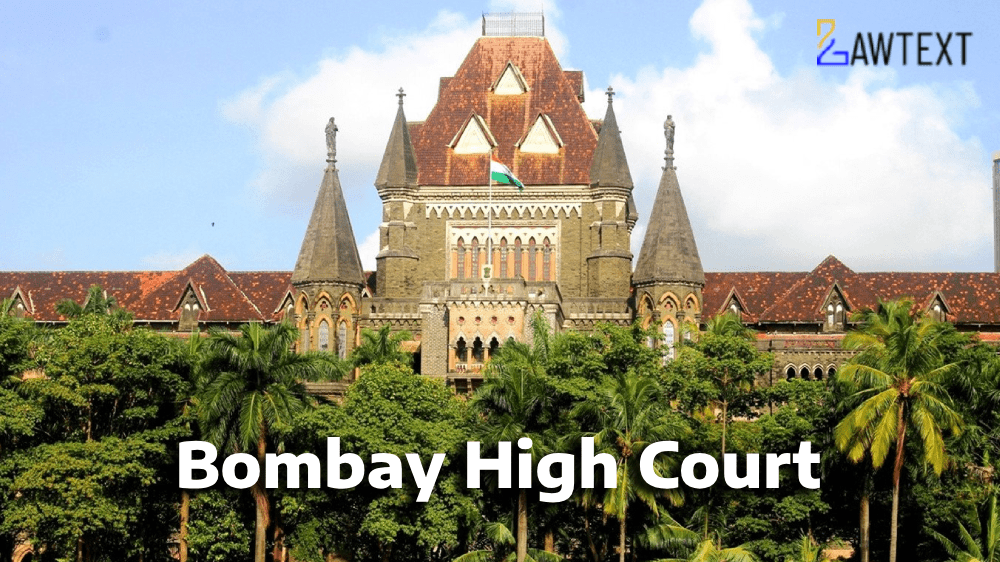"Reversal of Cenvat Credit Without Goods Entering Factory Premises Invalid: Bombay HC Upholds Recovery and Penalty" "Illegitimate Reversal of Cenvat Credit and Misrepresentation of Goods' Movement Constitutes Fraud"

CASE NOTE & SUMMARY
Acts and Sections Discussed:
- Central Excise Act, 1944 - Section 35G (Appeal to High Court), Section 11AC (Penalty for Excise Duty Evasion).
- Cenvat Credit Rules, 2004 - Rule 15(2) (Penalty for Wrong Credit Utilization).
Key Issues (Questions of Law):
- Whether reversal of Cenvat Credit in the register at the time of issuing invoices is valid.
- Whether credit reversal can be equated with utilization for payment of excise duty.
- Absence of prescribed method for reversal – whether Appellant’s method is acceptable.
- Sustainability of penalties imposed under extended period of limitation.
- Whether recovery is legitimate despite no loss to the exchequer.
- Validity of mechanically imposing penalties without reasons.
- Legality of punitive recovery despite reversal of credit.
- Whether the show-cause notice was barred by limitation.
1. Background of the Case (Para 3-4)
- Facts:
- The Appellant, engaged in manufacturing polymer emulsions, imported raw materials (Vinyl Acetate Monomer) and stored them in bonded warehouses.
- Goods were cleared directly to customers but records falsely reflected their movement through the Appellant's factory.
- Cenvat Credit was availed on this basis, and excise invoices were issued to pass on credit to customers.
- Action:
- Show-cause notice issued for wrongful availing and utilization of Cenvat Credit.
- Commissioner disallowed Cenvat Credit (Rs.5.63 Crores), imposed penalties under Section 11AC, and directed recovery.
2. Tribunal’s Findings (Para 5-6)
- The Tribunal confirmed the Commissioner’s order regarding Cenvat Credit and penalties.
- Appellant’s plea for reversal of credit was rejected, citing it as inadmissible and utilized fraudulently.
3. Limitation Issue – Ground Rejected (Para 8-11)
- Appellant’s Argument: Show-cause notice was time-barred.
- Court’s Reasoning:
- Limitation issue was neither argued nor recorded in the Tribunal’s order.
- Proper recourse would have been a Rectification of Mistake (ROM) application before the Tribunal.
- Conclusion: Limitation issue was not maintainable before the High Court.
4. Cenvat Credit and Modus Operandi (Para 12-17)
- Findings of Fact:
- Goods never entered the Appellant's factory, violating Cenvat Credit provisions.
- Credit was fraudulently passed to customers through misrepresented excise invoices.
- Admissions by Appellant and statements from customers corroborated the fraud.
5. Penalties and Extended Limitation Period (Para 18-19)
- Findings:
- Fraudulent behavior warranted invocation of an extended limitation period.
- Penalty imposed under Section 11AC was justified based on suppression and fraud.
- Court’s Stance: Tribunal’s conclusions were factual, leaving no scope for substantial questions of law.
Ratio Decidendi:
- “Reversal of Cenvat Credit is invalid if goods do not physically enter the factory premises. Fraudulent passing of credit to customers, even if reversed later, attracts recovery, penalties, and extended limitation under excise law.”
Final Decision:
- The appeal was dismissed as no substantial questions of law arose. The recovery of Cenvat Credit, interest, and penalties imposed by the Tribunal were upheld.
Subjects:
Central Excise – Cenvat Credit Fraud – Extended Limitation – Penalty under Section 11AC
- Cenvat Credit
- Fraudulent Reversal
- Excise Duty
- Extended Limitation
- Penalty under Section 11AC
- Misrepresentation of Goods' Movement
ISSUE OF CONSIDERATION
M/s. Visen Industries Limited Versus Commissioner of Central Excise, Thane – II & Anr.
Citation: 2024 LawText (BOM) (12) 141
Case Number: CENTRAL EXCISE APPEAL NO.35 OF 2024
Date of Decision: 2024-12-14
Case Title: M/s. Visen Industries Limited Versus Commissioner of Central Excise, Thane – II & Anr.
Before Judge: M. S. Sonak & Jitendra Jain, JJ.
Advocate(s): Mr. Vikram Nankani, Senior Advocate a/w Mr. Pradeep Bakhru & Mr. Omkar Chavan i/b. Wadia Ghandy & Co. for Appellant. Mr. Ram Ochani a/w Ms. Niyati Mankad (through VC) & Mr. Akash Singh for Respondent.
Appellant: M/s. Visen Industries Limited
Respondent: Commissioner of Central Excise, Thane – II & Anr.

